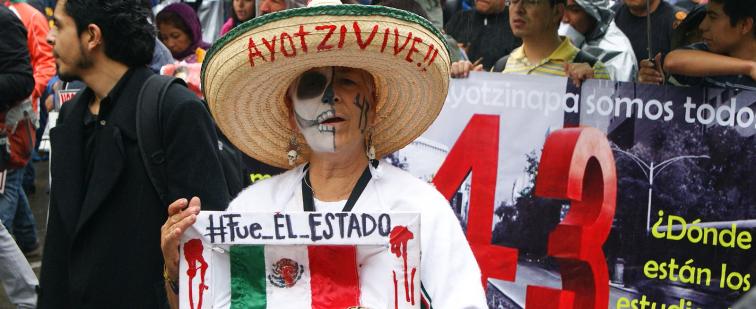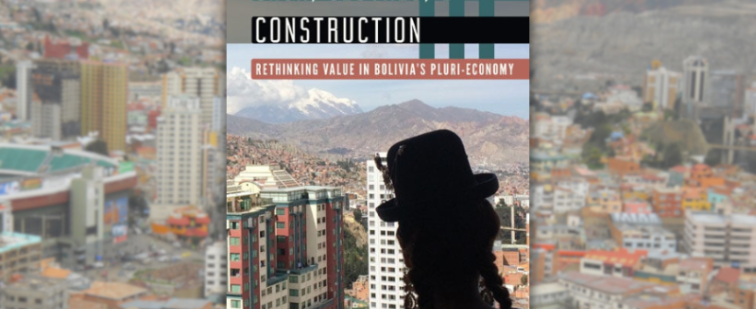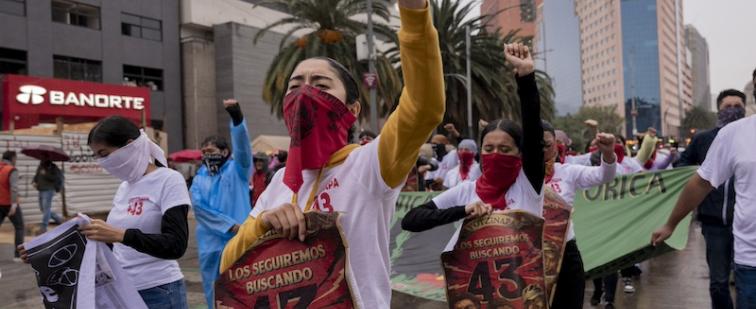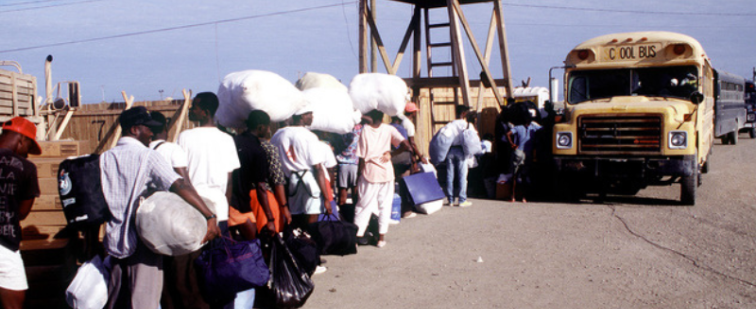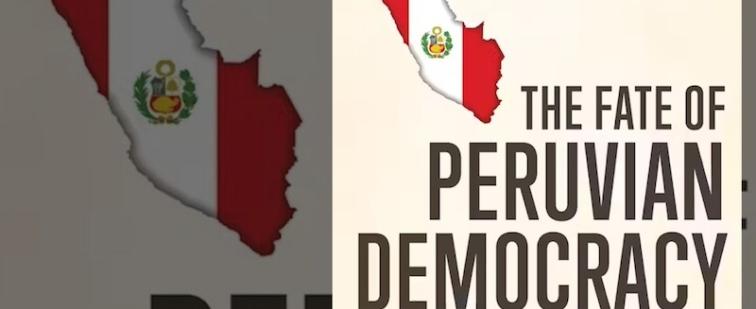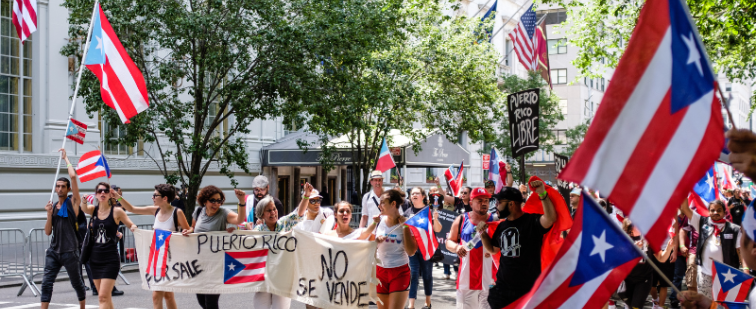Home
"Let's go unblock the road, compañeros!" a man in an old baseball cap yells as he joins a group of people hauling rocks and tires from a central intersection in Cochabamba. This group of students and union activists are mobilizing against a civic strike led by middle class foot soldiers of the Bolivian right. These actions in the street are part of a political roller coaster that is dramatically changing Bolivia as it enters the new year.
In Honduras, campesinos are working with grassroots solidarity organizations to take the media into their own hands. Radio Realidad is one of a growing number of small FM stations that are popping up throughout Latin America to address communities' needs for information.
Yet another voice is weighing in on the fate of la frontera these days—but it’s a poet, not a pundit. In her latest novel, The Guardians, the multi-genre writer Ana Castillo takes a look at life on the U.S.-Mexico border with sensitivity and imagination—qualities often sorely lacking in the immigration debate today. Told through the eyes of several characters, The Guardians explores the politics of the border with irony, lyricism and desert-spare clarity.
When the ultras come out, immigrants stay home. This is the unspoken rule in the streets of Spain and a direct symptom of the spike in racial violence in this country since 2006. In local slang, “ultras” refers to ultra-right-wing and racist groups or individuals that have recently attacked immigrants in Spain. The Spanish government is left wondering whether it has a xenophobic "offensive" on its hands.
For many young Puerto Ricans, reggaeton is today what salsa used to be years ago: a “national” soundtrack and the culture’s international musical representative. Yet the genre was initially condemned in the mainstream and subject to hearings in the Puerto Rican senate. What accounts for this shift? In a nutshell: commercial success, achieved in the most unexpected of ways.
George W. Bush inadvertently created a public maelstrom in January 2004, when he proposed a new temporary worker program and a road to citizenship for millions of unauthorized immigrants. By 2006, immigration had become the major issue on the nation’s political agenda. The last time this happened was in 1994, when California voters passed Proposition 187, which would have denied unauthorized immigrants many public benefits and required state employees (including health care workers and school teachers) to point authorities to “apparently illegal aliens.”
Brazil lags far behind her left-leaning neighbors in government initiatives that bring privatized national resources back into the public domain. In recent months, however, Brazil’s Landless Workers’ Movement (MST) and other groups have launched mass actions that demand similar moves toward national resource sovereignty. The MST’s recent triple occupation of Brazil’s Companhia Vale do Rio Doce (CVRD), the largest iron ore exporter in the world, is seen by some as the opening salvo in these new efforts.
As disgraced former president Alberto Fujimori goes on trial in Lima, Peru, for human rights atrocities, the National Security Archive posted a declassified Defense Intelligence Agency cable [PDF] tying him directly to the executions of unarmed rebels who had surrendered after the seizure of the residence of Japanese ambassador in 1997. “President Fujimori issued the order to ‘take no prisoners,’” states the secret “roger channel” intelligence cable. “Because of this even MRTA [Tupac Amaru Revolutionary Movement members] who were taken alive did not survive the rescue operation.”
 Chávez holding Venezuela's 1999 constitution. (ABr, CC) |
How should the narrow defeat of the referendum to amend Venezuela’s 1999 constitution be interpreted? Does the fact that 50.7% of voters rejected the omnibus package of 69 proposed constitutional amendments indicate that Venezuelans as a whole are tired of Chávez and wary of going any further along the path towards “socialism of the twenty-first century”?

